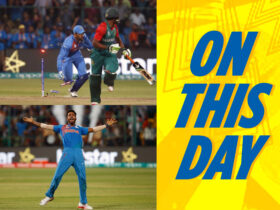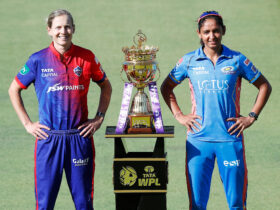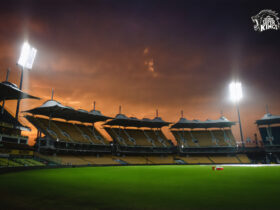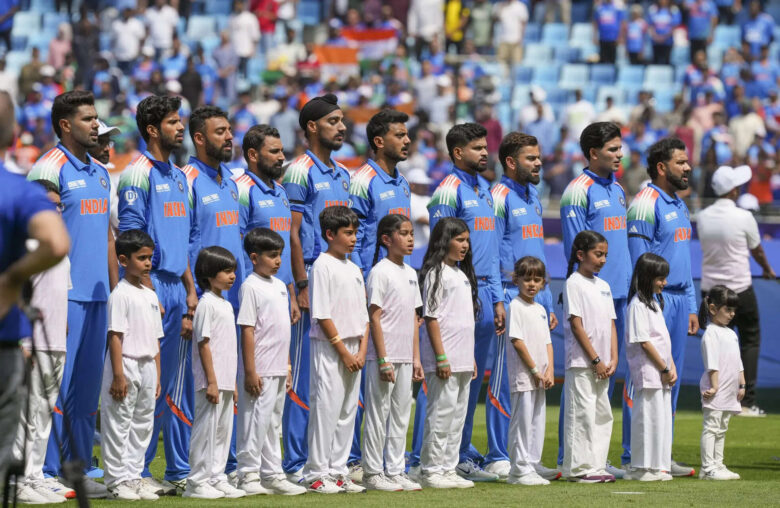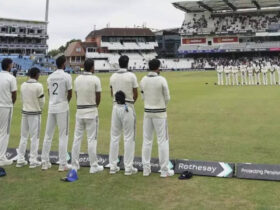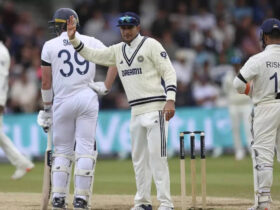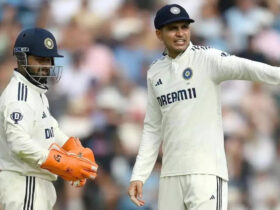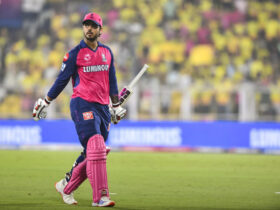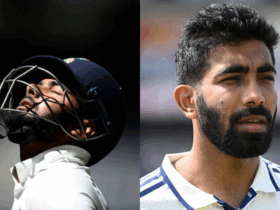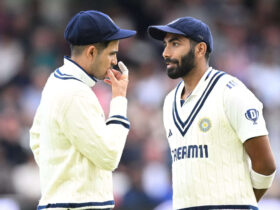BCCI Secretary Devajit Saikia Refutes Claims of Withdrawal from ACC Events Amidst India-Pakistan Tensions
In a surprising turn of events, whispers of the Board of Control for Cricket in India (BCCI) severing ties with the Asian Cricket Council (ACC) over geopolitical tensions with Pakistan have been firmly quashed. BCCI Secretary Devajit Saikia addressed the swirling rumors head-on, dismissing reports that India intends to pull out of key ACC tournaments, including the much-anticipated Asia Cup and the Women’s Emerging Teams Asia Cup. This development comes at a time when cricket, often a unifying force, finds itself entangled in the complex web of India-Pakistan relations.
Speaking exclusively to the press in Mumbai on Monday, Saikia clarified, ‘Since this morning, we’ve been inundated with news items claiming that the BCCI has decided against participating in ACC events like the Asia Cup. Let me state categorically that such reports are baseless and speculative. No discussions regarding withdrawal from any ACC tournaments have taken place within the BCCI, nor have we communicated any such intent to the ACC. Our current focus remains on the ongoing IPL 2024 and the upcoming bilateral series against England for both our men’s and women’s teams.’
Saikia further emphasized the lack of formal dialogue on the matter, adding, ‘The topic of the Asia Cup or any other ACC event has not even been broached at any level within the BCCI. Any decision of such magnitude, when taken, will be officially communicated through proper channels and announced to the media. Until then, these reports remain purely imaginary.’ This statement aims to put an end to the speculation that has gripped cricket fans across the subcontinent, especially given the high stakes of an India-Pakistan clash, often dubbed the ‘mother of all battles’ in cricket.
Reports had earlier suggested that the BCCI had already informed the ACC of its decision to withdraw from the Women’s Emerging Teams Asia Cup, slated for next month in Sri Lanka, and the Men’s Asia Cup 2025, which India is set to host in September. Some sources attributed this alleged move to the ACC’s current leadership under Mohsin Naqvi, who serves as both the Chairman of the Pakistan Cricket Board (PCB) and Pakistan’s Interior Minister, raising concerns over potential conflicts of interest. However, with Saikia’s categorical denial, these claims appear to lack substance.
The Asia Cup, a marquee tournament in the cricketing calendar, holds immense significance for fans, broadcasters, and sponsors alike. India hosting the event in 2025 was expected to draw massive viewership, particularly for a potential India-Pakistan showdown. It’s worth noting that without this iconic rivalry, the tournament’s appeal could significantly diminish. Adding to the financial stakes, Sony Pictures Networks India (SPNI) recently secured an eight-year media rights deal worth US$ 170 million for ACC events, underscoring the commercial weight of India’s participation.
Historically, cricket has often transcended borders, but India-Pakistan matches have frequently been affected by political undercurrents. Since their last bilateral series in 2012-13, encounters between the two teams have been limited to multi-nation tournaments like the ICC World Cup and the Asia Cup. The last Asia Cup in 2023, originally scheduled in Pakistan, was eventually hosted in a hybrid model, with India’s matches played in Sri Lanka due to security concerns—a compromise that highlighted the delicate balance between sport and politics.
As the situation unfolds, the cricket fraternity remains on edge. Will the Asia Cup 2025 go ahead as planned with India’s participation, or are there deeper challenges yet to surface? For now, Saikia’s statement provides a sense of reassurance, but the undercurrent of tension lingers. With the BCCI prioritizing the IPL—a tournament that generated over US$ 1.3 billion in brand value in 2023—and the England series, the focus is firmly on the present. Yet, the question of ACC events looms large, a reminder of cricket’s unique position at the crossroads of sport, diplomacy, and passion.
In conclusion, while rumors of India’s withdrawal from ACC events have been doused for now, the saga underscores the ever-present complexities surrounding cricket in the subcontinent. As fans, we can only hope that the spirit of the game prevails, allowing rivalries to be settled on the field rather than in boardrooms. Until an official decision emerges, the cricketing world waits with bated breath for what promises to be another chapter in the storied India-Pakistan narrative.


